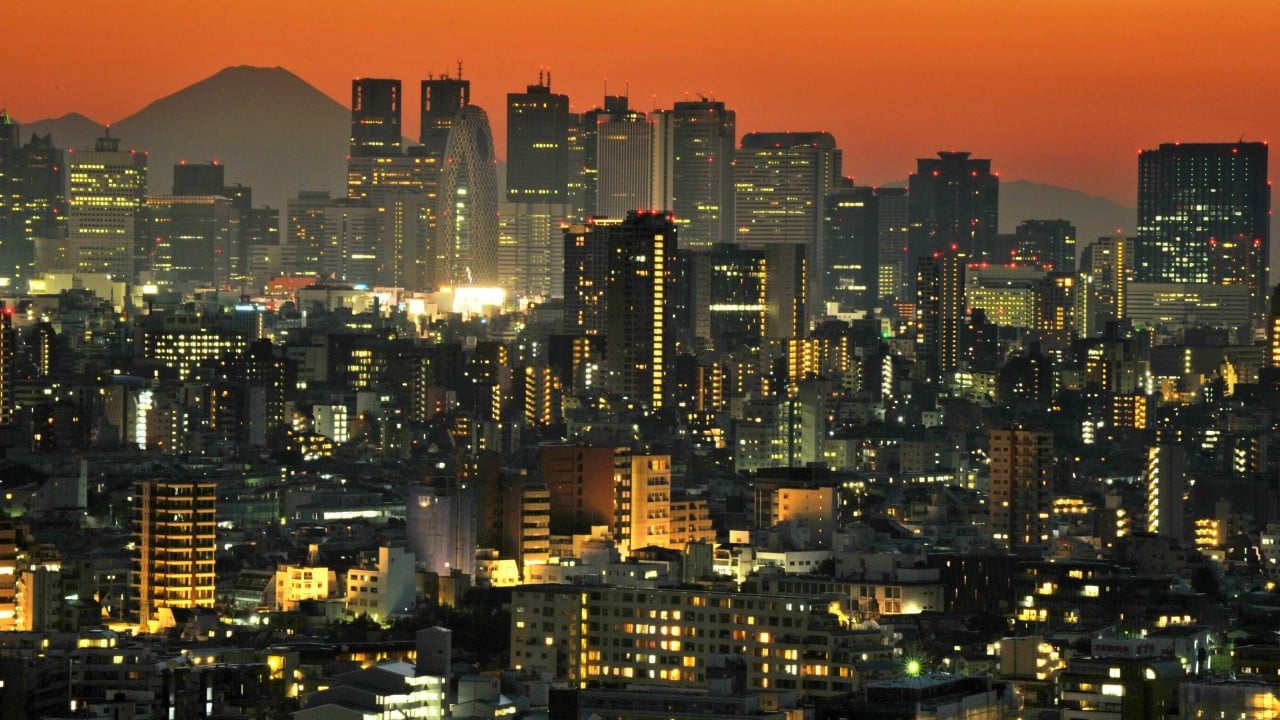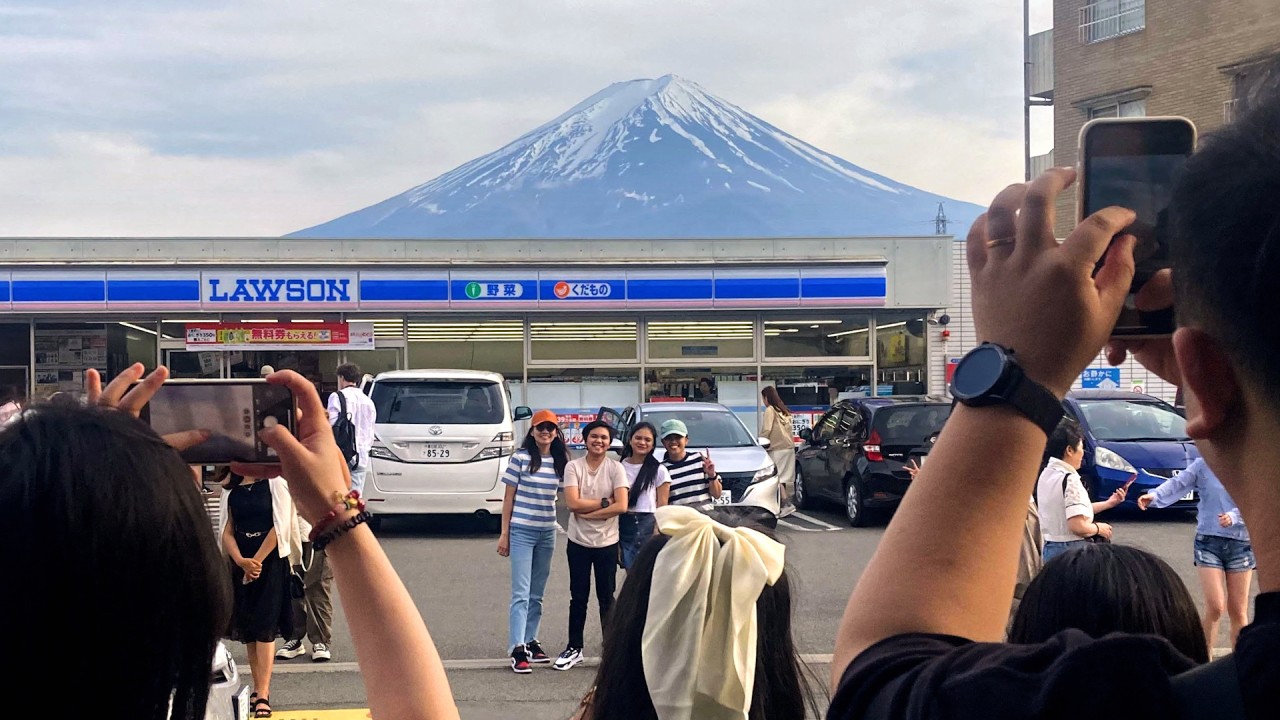Two findings stood out in CBRE’s survey on Asia’s commercial property investment market published last month. The first was that Japan alone accounted for 36 per cent of transaction volumes in the first quarter of this year. The second was that it was easily the most popular market among cross-border investors, with 86 per cent of respondents describing their level of interest in Japan as very strong or fairly strong.
Advertisement
These findings underscore the strong appeal of a market that has long been perceived by foreign investors as a safe haven. At a time when the United States – long the safe haven of choice for global investors – has become a source of instability and unpredictability, Japan’s political stability, policy predictability and the depth and liquidity of its real estate market have taken on added significance.
Persistently low interest rates, the cheap yen, the return of inflation after decades of stagnation and Japan’s position as an attractive alternative to China have added to its appeal among investors. Even so, there are signs that Japan has become too appealing.
In the commercial property market, the weight of foreign and domestic capital targeting Japanese assets in the past several years has driven down rental yields for institutional grade properties in Tokyo to extremely low levels. Even in Osaka, a relatively illiquid market, prime office and retail yields are lower than in Seoul and Singapore, which are among the most actively traded markets in the Asia-Pacific.
Low borrowing costs and higher loan-to-value ratios in Japan allow investors to earn a positive carry, which means the returns from holding an asset exceed its financing costs. However, a narrowing spread, or gap, between rental yields and government bond yields makes Japanese real estate less attractive from a pricing standpoint.
Advertisement
Moreover, the cheap yen – down about 38 per cent against the US dollar since early 2021 – has fuelled a boom in overseas tourism. Last year, hotels accounted for 20 per cent of investment activity, up from 5 per cent in 2021, according to JLL data.


